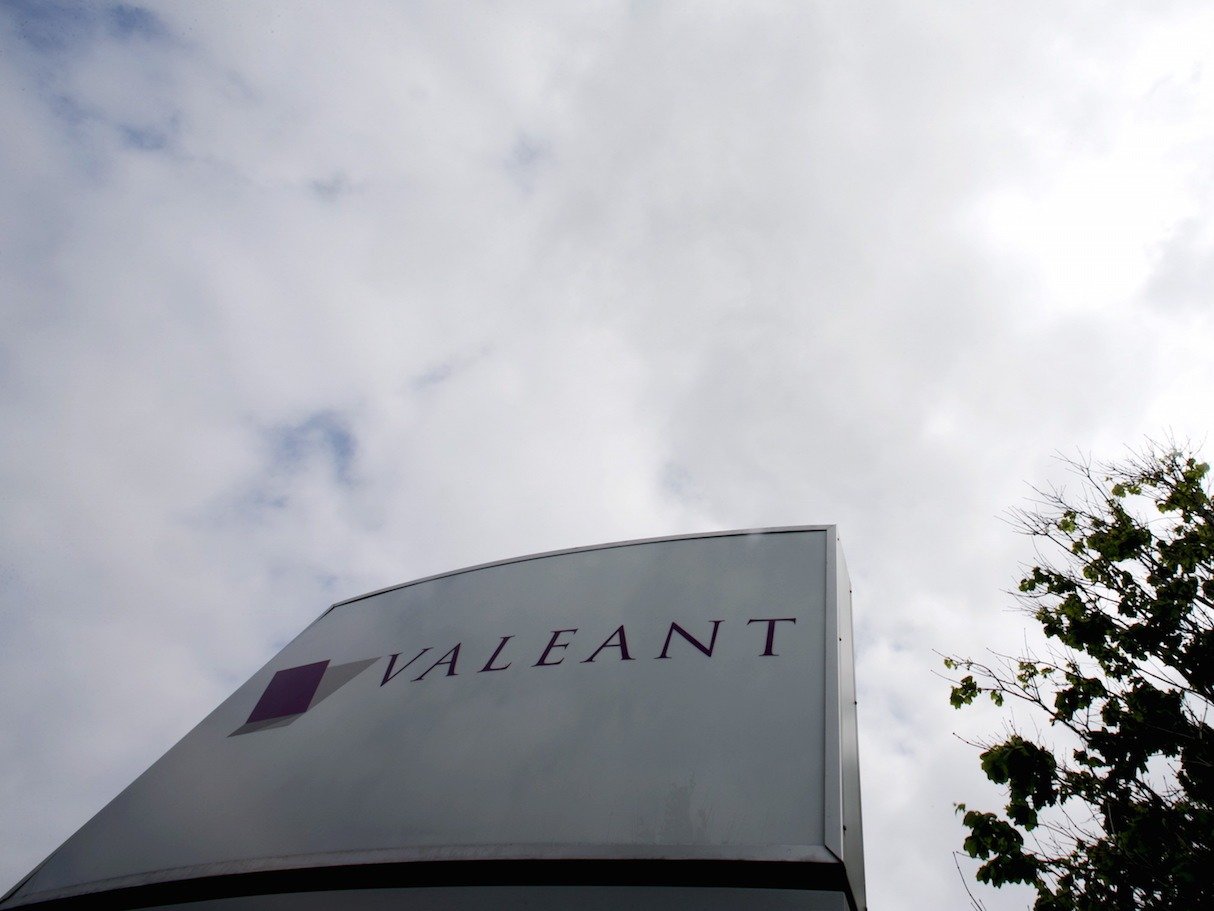Two-step investment bets are usually a bad idea
by Clifford Asness, AQR Capital Management
This issue comes up often, but recently I’ve seen more than the usual amount of “we forecast X, so we’re betting on Y” type stuff where X and Y are different events. The most common, but certainly not the only, example I’ve seen of such a two-step bet is having a strong currency view with a recommendation to buy, or sell, some specific companies that you hope will benefit, or get hurt, if your currency forecast comes true instead of directly buying or selling the currency.
Another example might be having a view that inflation and interest rates will come down, and recommending owning small growth companies because most of their cash flows are further out in time and so falling rates might (might!) benefit them more than other companies. In the first example you recommend betting on specific companies instead of betting on the currency itself, and in the second example you recommend small-cap growth stocks instead of, you know, just buying bonds.
This type of two-step bet is usually a bad idea. At the very least it is worse than the original, simpler, one-step idea.
It’s hard enough to be right. It’s much harder to be right multiple times in a row. Say you’re 70% sure the dollar is going to have a big down move. (Well, obviously, first ask yourself why you’re so sure of such a thing. I’m presuming the much bigger issue that one can have such views!) Then assume you are also 70% sure that if it moves as you predict, a certain set of companies will benefit (it’s hard to imagine companies that don’t have a lot of non-dollar-related variance, so 70% seems pretty impressive). Let’s also assume that if you’re wrong about the dollar (a 30% chance) there’s another 30% chance that these companies end up doing well for other reasons (these probabilities don’t all have to be 70% or 30%, but, hey, it’s my example).
You’ve just put yourself under a 50% chance of being right for your intended reason and a total chance of being right of 58%. Specifically, it is a 49% probability that you’re right about the dollar and then right about how the companies react (70% x 70%) plus another 9% you’re wrong about the dollar but accidentally right about the companies (30% x 30%). This is decently less than your original 70% likely currency view, so you’ve managed to turn a 70% likely advantage into a 58% likely one — presumably for no better payoff than making a single one-step bet!
Granted, some investors perhaps can’t bet on currencies, so if, somehow, they still have a strong currency view then a two-step approach is all that is available to them; however, we should all understand the negative impact this approach has on the likelihood of success. It is simply a result of the math. Again, it’s hard to be right multiple times in a row. Hopefully, most investors with strong views can actually bet on the subject of their views.
Note that while my title is fun, it’s imprecise, since at the track the exacta has a much larger payout to compensate bettors for the decreased probability of winning. Unfortunately, financial markets typically offer no similar advantage to two-step bets like these. (Even in sports, bets like this, called “parlays” in some contexts, are generally thought of as “sucker bets” since the extra payout is often not large enough given the reduced odds!)
It’s a longer topic but all of this relates to some known behavioral biases. For example, the outcome of the two-step bet may seem so normal and logical we end up overestimating the chance the two events actually happen together. Still, there’s an easy cure and moral here. If, somehow, you are really sure where the dollar is going, or where interest rates will be, then place your bet on the dollar or interest rates! Repeat and apply to all other assets as needed.
Now, as to how to get those 70% likely views, that’s really hard…
-
This material contains the opinions of the manager and such opinions are subject to change without notice. This material has been distributed for informational purposes only and should not be considered as investment advice or a recommendation of any particular security, strategy or investment product. The investment strategy and themes discussed herein may be unsuitable for investors depending on their specific investment objectives and financial situation. Please note that changes in the rate of exchange of a currency may affect the value, price or income of an investment adversely.
Information contained herein has been obtained from sources believed to be reliable, but not guaranteed. Forward-looking statements are not guarantees of future results. They involve risks, uncertainties and assumptions, there can be no assurance that actual results will not differ materially from expectations. Past performance is no guarantee of future results. No part of this material may be reproduced in any form, or referred to in any other publication, without express written permission from AQR.
Information contained on third party websites that AQR Capital Management, LLC, (“AQR”) may link to is not reviewed in its entirety for accuracy and AQR assumes no liability for the information contained on these websites.

Copyright © AQR Capital Management













